Impact
About
Support the Sudan Emergency Response Campaign
The recent conflict in Sudan has created a dire humanitarian crisis, displacing thousands of people and severely impacting communities. Local Refugee-Led Organizations (RLOs) are on the front lines, providing life-saving support to those affected by the violence. However, these RLOs face significant challenges due to limited resources and the urgency of the situation.
Cohere Charity through the Reframe platform, has partnered with dedicated community-based organizations to launch the Sudan Emergency Response Campaign. Our goal is to secure flexible funding to enable these RLOs to respond swiftly and effectively to their communities' escalating needs. Your generous contributions will directly support emergency interventions such as:
- Provision of Essential Supplies: Delivering food, clean water, and medical supplies to displaced families.
- Shelter and Protection: Ensuring safe housing and protective services for vulnerable populations, including women and children.
- Healthcare Services: Facilitating access to essential healthcare, mental health support, and trauma counseling.
- Community Rehabilitation: Supporting long-term recovery and resilience-building efforts within affected communities.
By donating to this campaign, you will empower local organizations with the flexibility they need to adapt and respond to the evolving crisis. Every contribution, whether large or small, can make a significant impact on the lives of those suffering in Sudan. Together, we can provide the urgent support needed to save lives and rebuild communities.
Join us in making a difference. Donate Now and share the link to the Sudan Emergency Response Campaign on the Reframe platform and help us bring hope and relief to those in desperate need by clicking here: https://tinyurl.com/2hrrc8rs
KNOWLEDGE & INSIGHTS:
Data insight 1:
The Sudan Conflict is the World's Largest forced Displacement crisis affecting over 8.2 Million + 196 million ($23.9 USD per refugee) since the start of the conflict mid-April 2023. Gaza = 1.7 Million = 1.5 billion ($882 per refugee) USD Ukraine = 10.2 Million + 18 billion USD ($1,764 per refugee) A look at the billions of dollars in foreign aid to Gaza | AP News, These Countries Have Committed the Most Aid to Ukraine | U.S. News, Ukraine Support Tracker | Kiel Institute, Aid to Ukraine Explained in Six Charts (csis.org), Sudan situation | Global Focus (unhcr.org)
Data insight 2:
The Sudan crisis and the worsening impact of climate change have exposed over 25 million forcibly displaced persons across Sudan, South Sudan, and Chad to the risk of hunger, malnutrition, and starvation due to ongoing drought and conflict.
Data insight 3
The vast majority (over 83 percent) of those fleeing South Sudan are women and children, with children making up 65 percent of the total South Sudanese refugee population. They are survivors of violent attacks, sexual assault and, in many cases, children have been separated from their parents and are traveling alone. South Sudan Refugee Crisis Explained (unrefugees.org)
CONTEXT & CHALLENGES
The ongoing conflict in Sudan has created numerous challenges for Refugee-Led Organizations (RLOs) like Hope Relief and Rehabilitations for Disabilities Support (HRRDs), I Can South Sudan (ICSS), Root of Generations (RoG), and Rise Initiative for Women’s Rights Advocacy (RIWA). These organizations are pivotal in providing emergency support but face significant obstacles:
HRRDs: Operating from the Nuba Mountains, HRRDs struggle with limited access to basic supplies such as food, water, and medical resources. The remote and dangerous terrain makes it difficult to deliver aid promptly, exacerbating the humanitarian crisis.
I Can South Sudan: In Gorom refugee camp in South Sudan & focused on promoting access to education for the children and the youth, I Can South Sudan faces growing challenges in maintaining educational programs amid the conflict. The instability has disrupted schooling, leaving children and young adults without access to education and safe learning environments.
Root of Generations: In Gorom refugee camp in South Sudan, Root of Generations faces severe overcrowding and sanitation issues. The influx of displaced people has seriously overwhelmed their capacity to provide adequate learning resources, food, shelter, and essential services to the already vulnerable and affected populations.
RIWA: Working with women and children, RIWA struggles with a surge in gender-based violence cases. The organization is under-resourced to provide the necessary protection and support services, leaving many survivors without help.
These RLOs urgently need flexible funding to overcome these challenges, ensure effective response, and support the most vulnerable populations in both Sudan and South Sudan. Your contributions can help these organizations deliver life-saving aid and long-term solutions amidst the crisis.
Story of change
Umma Mohammed [pictured], is just nine years old, and is now living in Gorom Refugee Camp near Juba. When the war spread to the Darfur region in Sudan, her family fled across the border to South Sudan. Devastatingly, they lost fifteen members of their family on their journey. ICSS was able to provide her family with emergency food and non-food rations but definitely more needs to be done to improve her current situation.
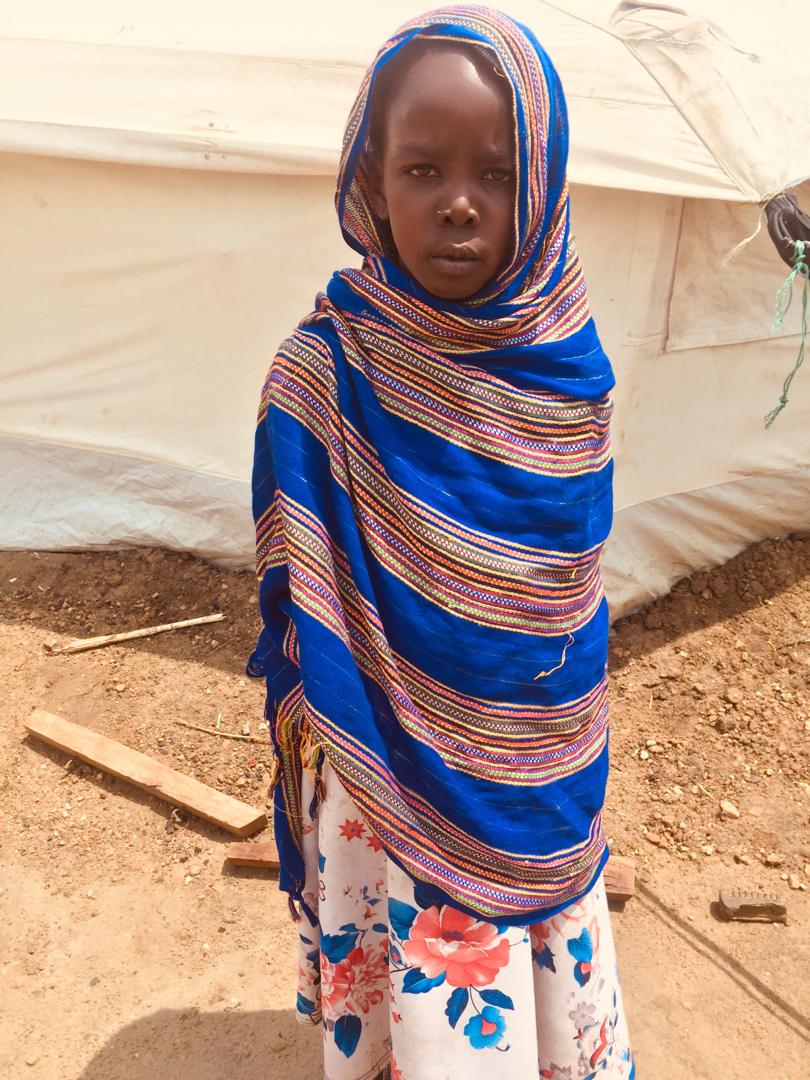
Newsfeed
I CAN South Sudan
Follow up assessment of children with disabilities by 3 stars in Barakala(host community)
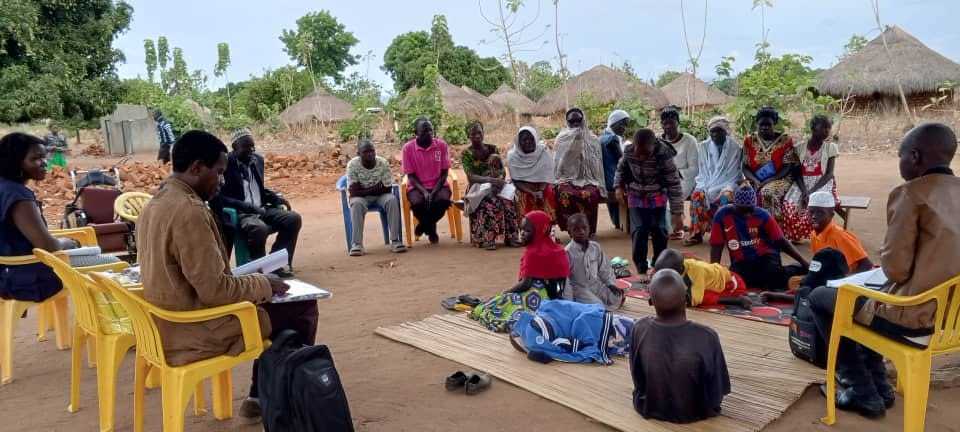
12:24 pm · Mar 20, 2025
0
1

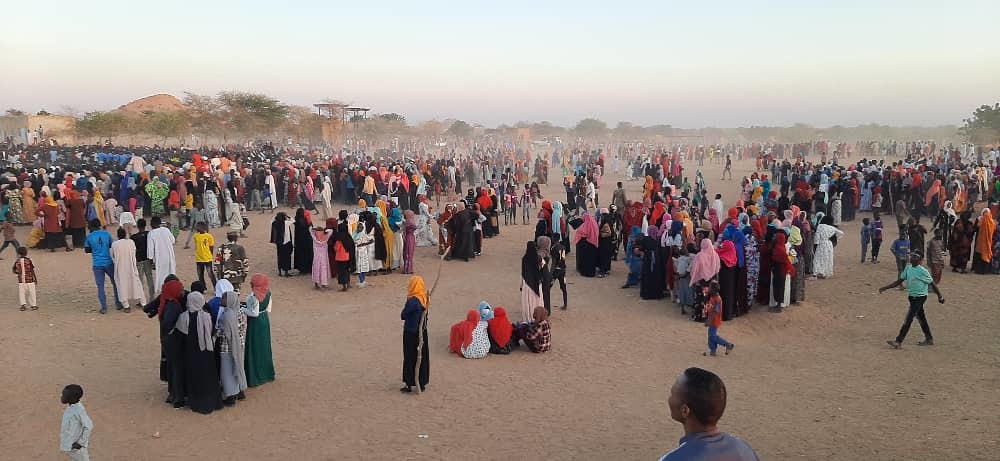
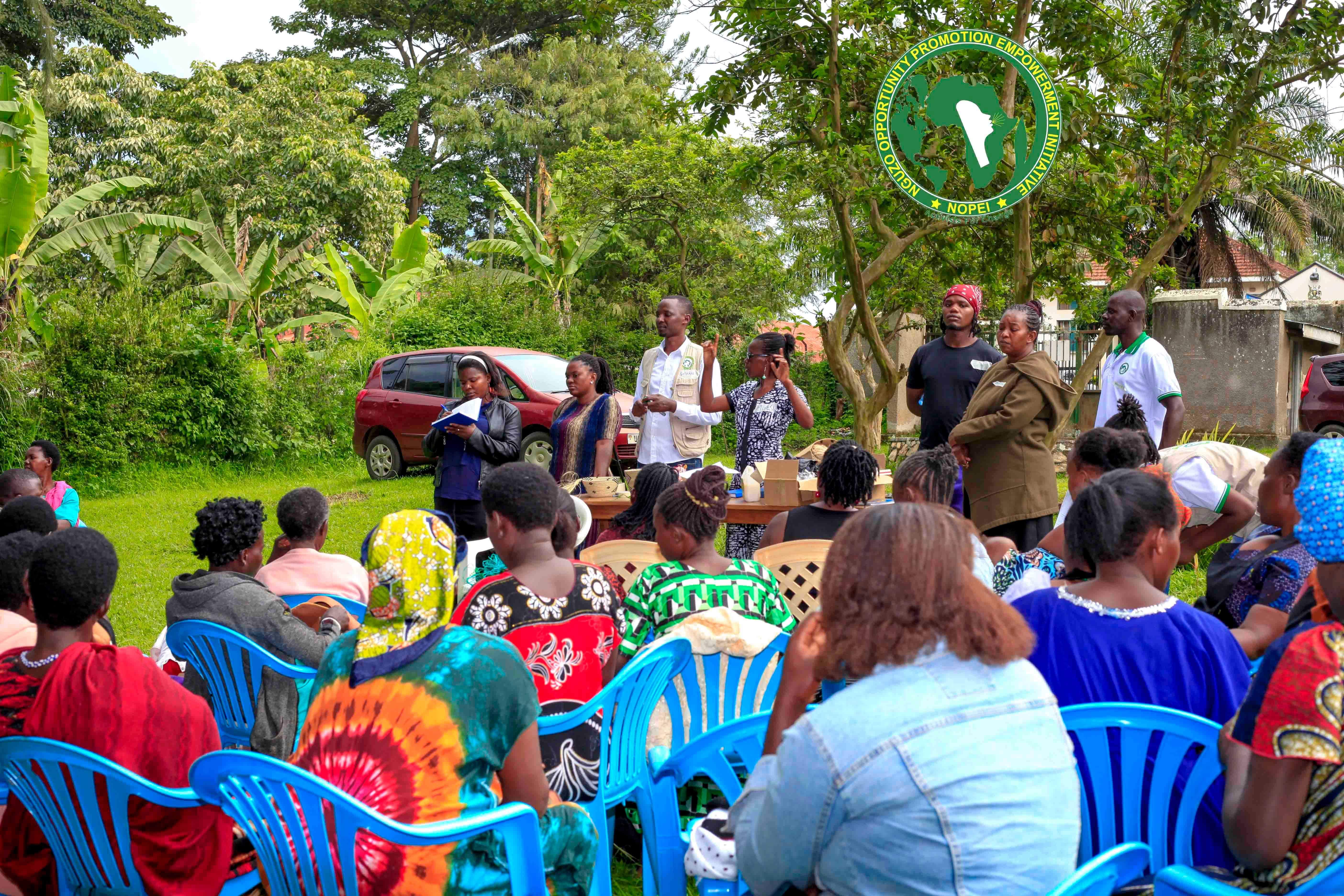
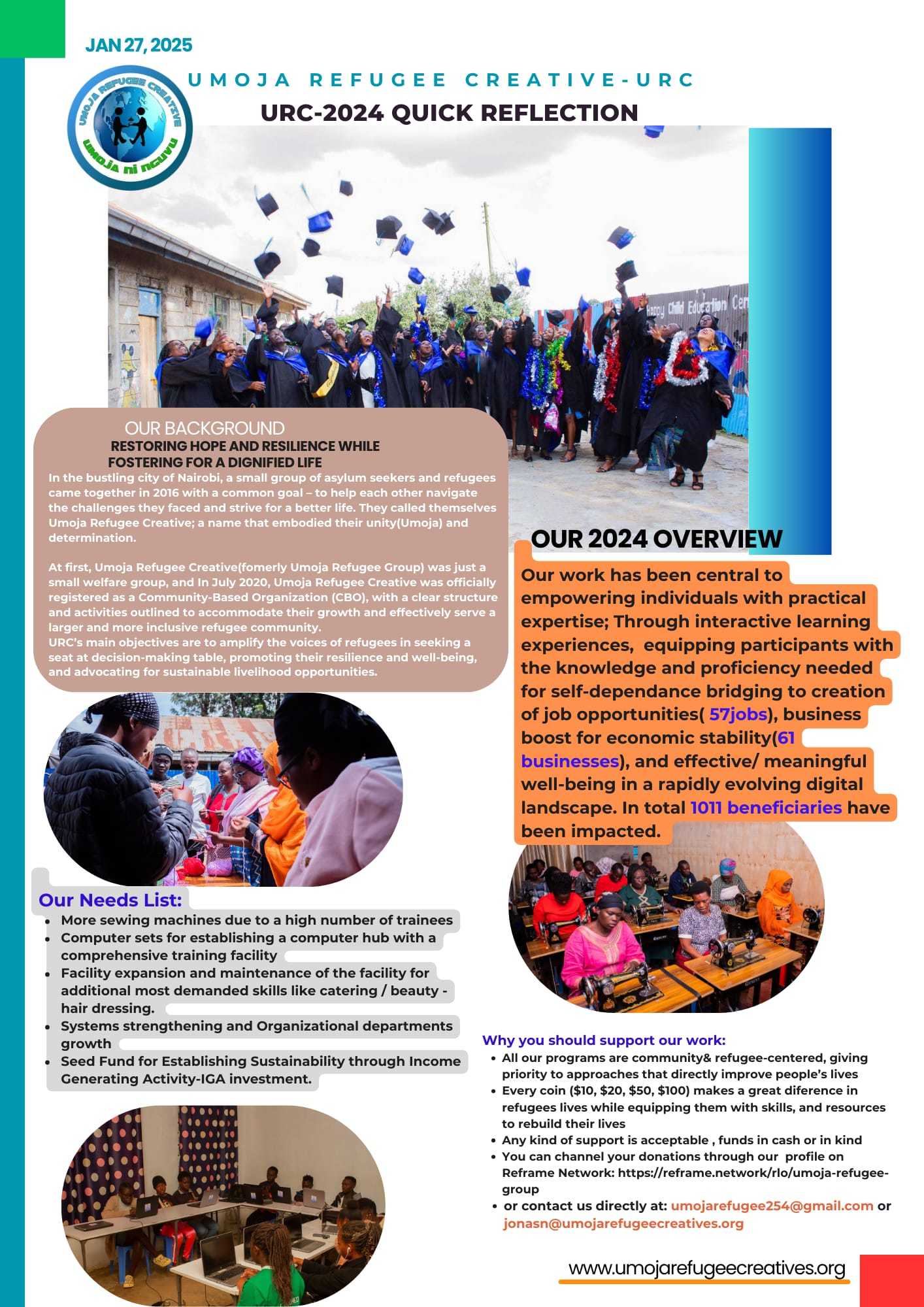

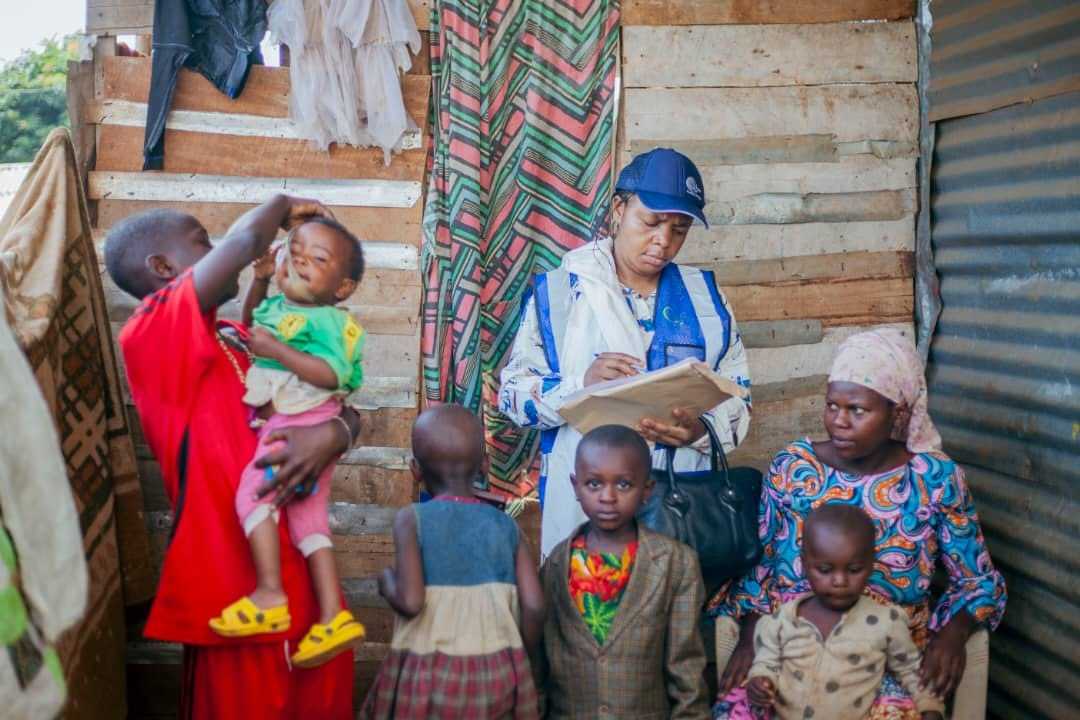
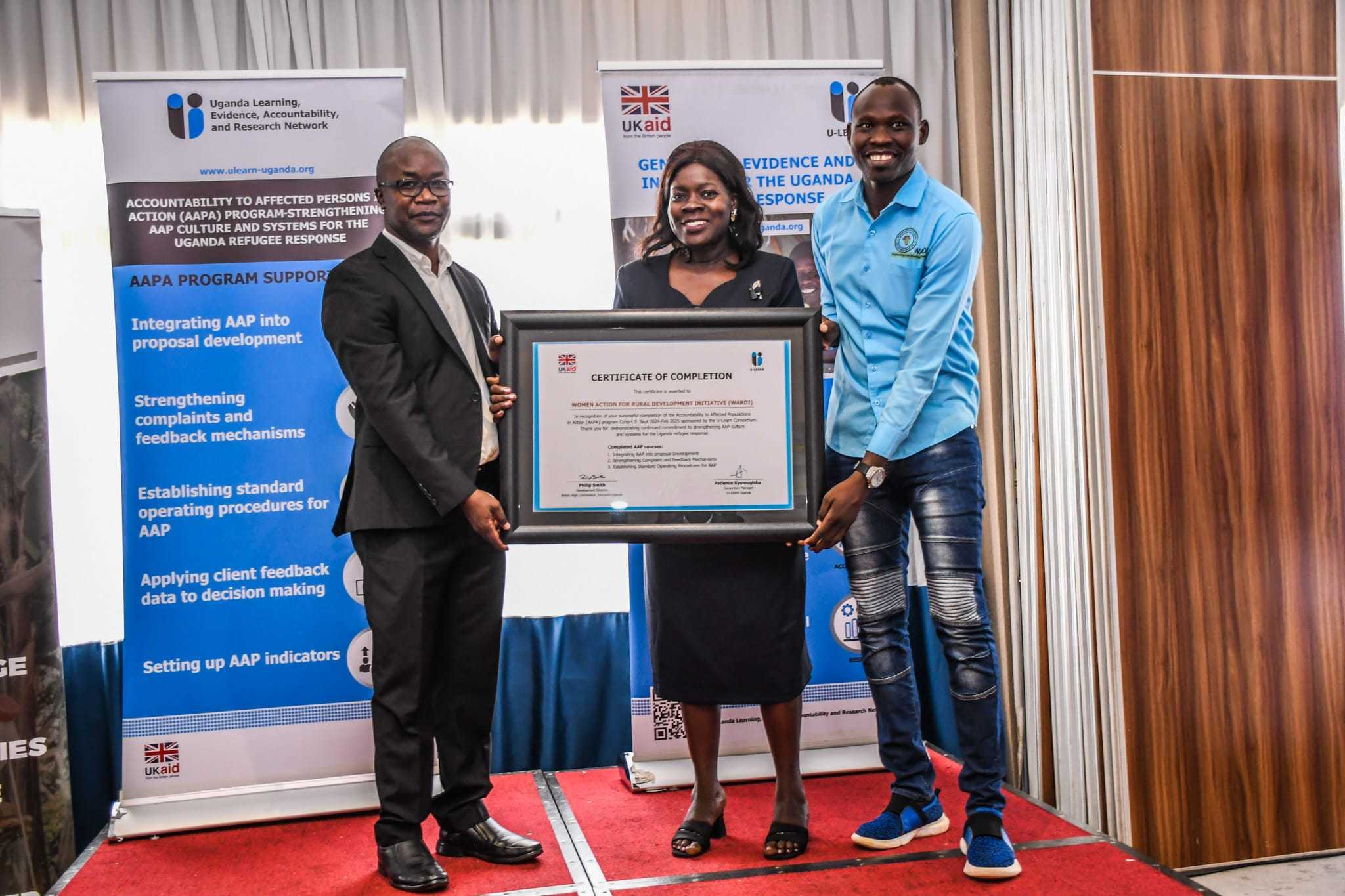

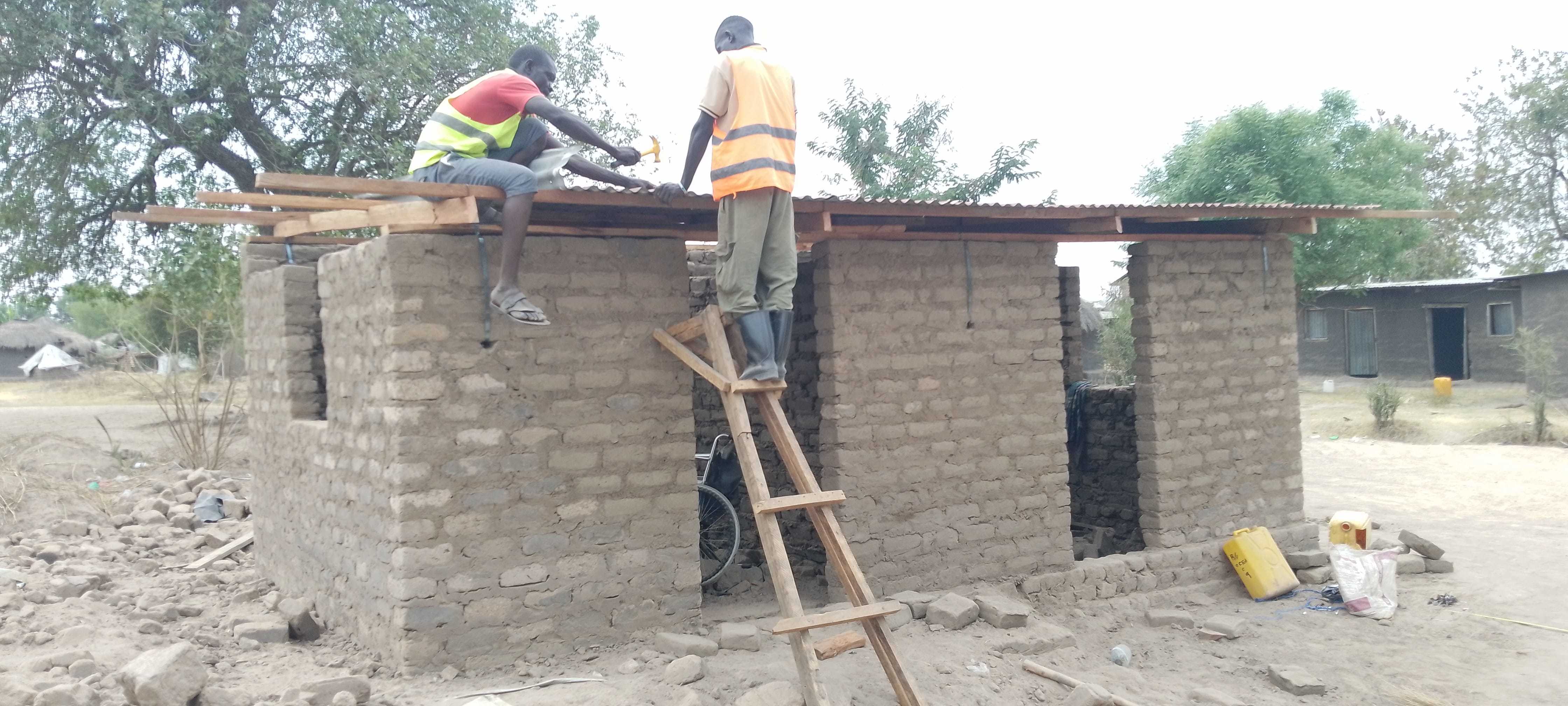
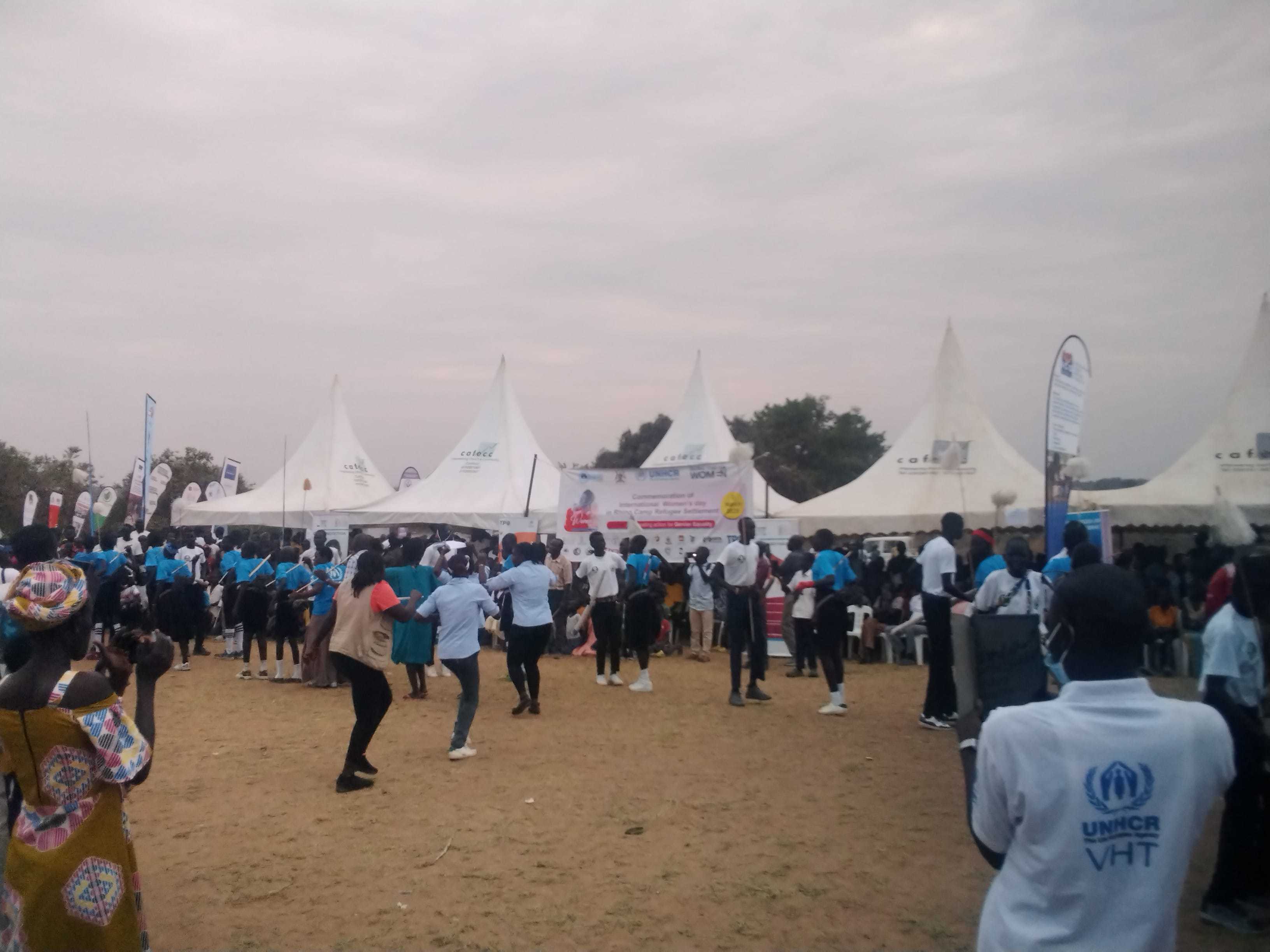
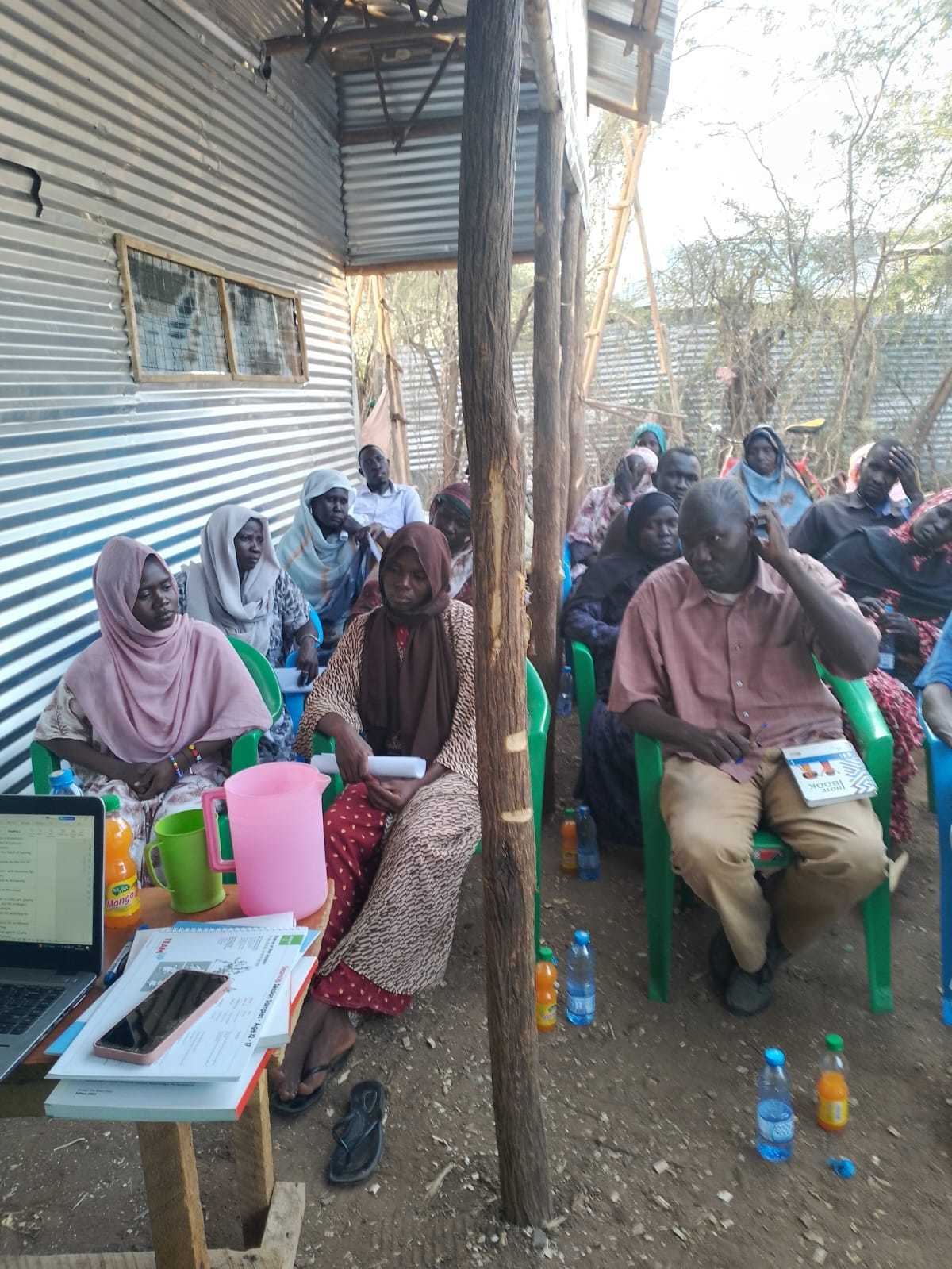
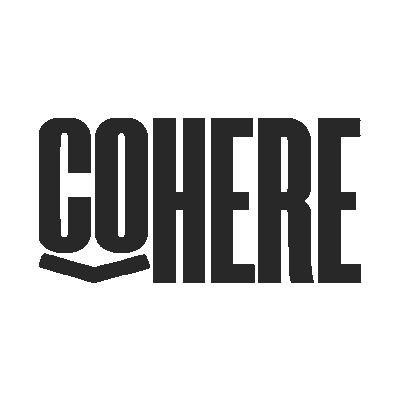
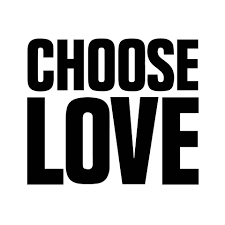
0